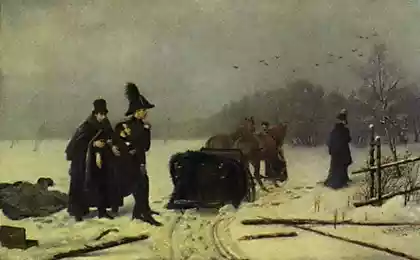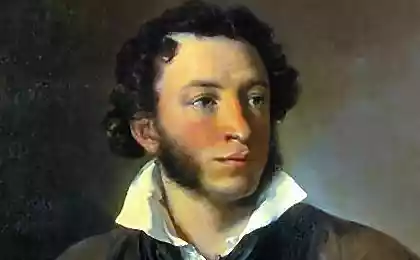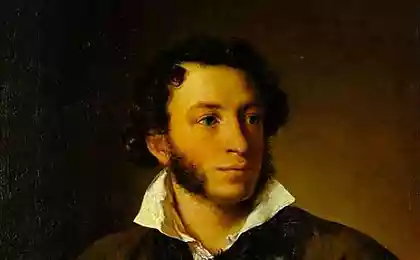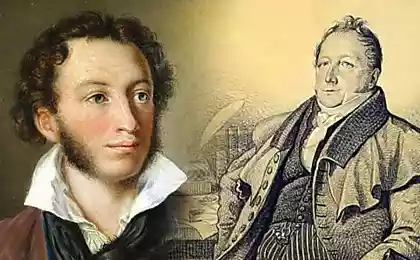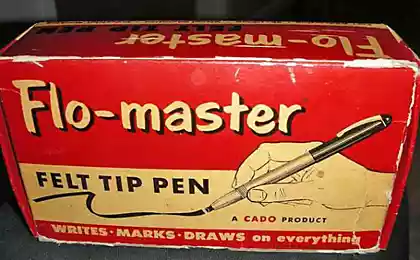193
Pushkin as a household name: causes and effects
The fact that Russian Language Day is celebrated on June 6, the birthday of Alexander Pushkin, is not an accident. After all, the role of the great poet in the creation of modern Russian speech is difficult to exaggerate. But we often remember Pushkin not for his literary masterpieces, but to shame the idlers: Who will work for you? Pushkin?

Why are we used to shifting all our affairs to the imaginary Pushkin, under what circumstances did this winged expression appear and how is it reflected in Russian literature? The answers are in our article.
What Russian does not like fast driving to mention the classic in vain? It so happened that Alexander Sergeyevich has accompanied us since childhood. For example, I began my acquaintance with the “sun of Russian poetry” at the age of 5 with the rhetorical: “Pushkin will eat for you?”
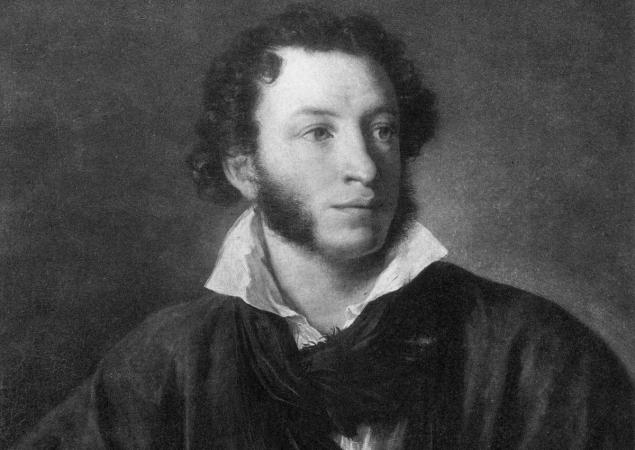
In search of the origins of this turn of speech, erudite readers will immediately recall Mikhail Bulgakov’s novel The Master and Margarita. So, in the 15th chapter, the author gives the following portrait of the rogue administrator No. 302-bis: “Nikanor Ivanovich before his sleep did not know the works of the poet Pushkin, but he knew him perfectly and every day several times uttered phrases like: “And for the apartment Pushkin will pay?” or “Lampochka on the stairs, so Pushkin kicked out?”, “Oil, so Pushkin will buy?”
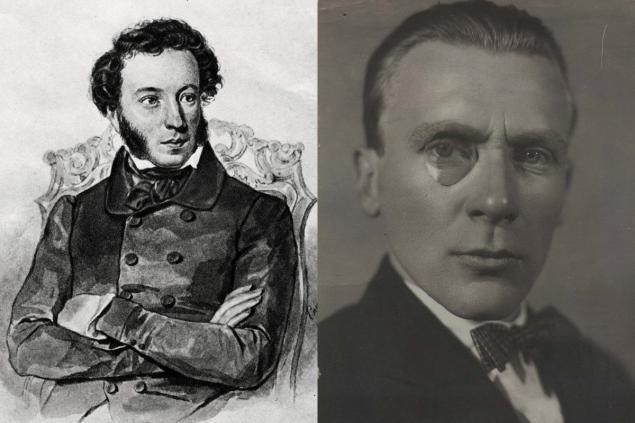
Here is only one inconsistency: Bulgakov wrote “Master and Margarita” from 1928 to 1940, but a wide range of readers of the novel became available only in the early 70s. And the history of expressions “with Pushkin” seems much longer.
Pushkin Jubilee of 1937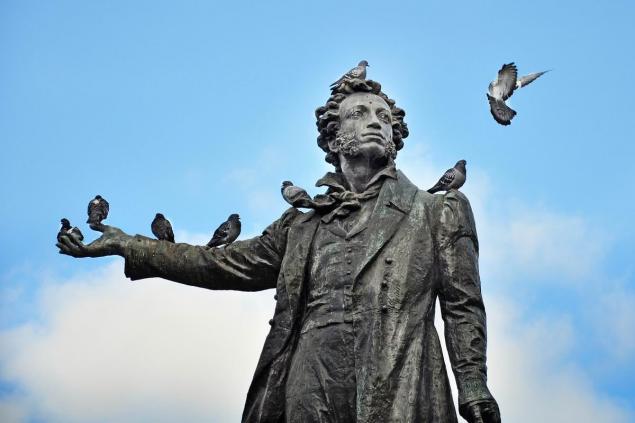
There is a version that to blame on Pushkin all responsibility for any troubles became common after the 100th anniversary of his death in 1937. The scale of the celebrations exceeded every conceivable scale. Portraits of the poet hung on every corner. And in labor collectives, solemn meetings were held everywhere, one of which was perfectly described by Mikhail Zoshchenko in the story “In Pushkin’s Days.”
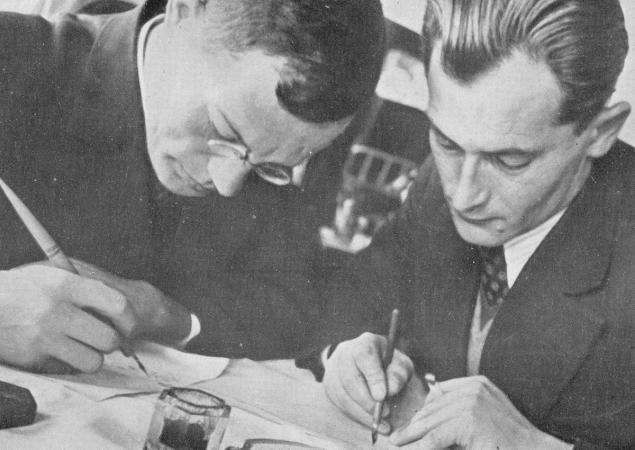
GettyImages: It is with pride that our home is not in the tail of events these days. First of all, we bought Pushkin’s one-volume book for 6 pp. 50 kopecks for general use. Secondly, the plaster bust of the great poet is installed in the office of the jacket, which, in turn, should remind careless payers of non-payment of rent.
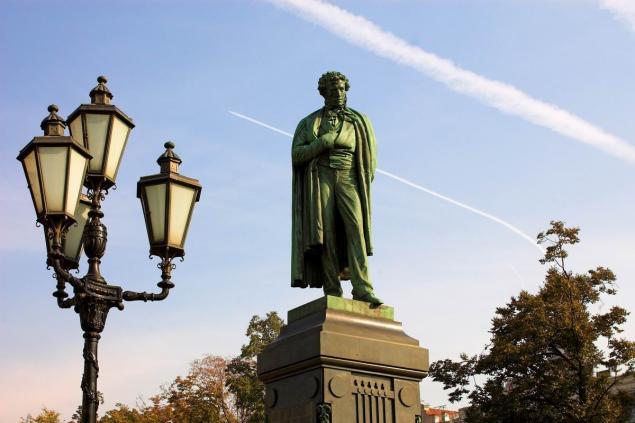
From the above excerpt it becomes clear that to blame Pushkin for non-payment of rent and other sins in those years was already commonplace. This is confirmed by the novel by Ilf and Petrov “Twelve chairs”, published in 1928: “Bender gave the boy an honestly earned ruble.” “We need to add,” said the boy in a cab. - Dead donkey ears. You get it from Pushkin. Goodbye, defective”.
“I have built a monument for myself without hands.” Philologist Elena Rabinovich leads the history of “Pushkin phrases” from the opening of the monument to Pushkin on Strastnaya (Pushkin) Square in Moscow in 1880. The installation of the majestic obelisk became a cult event of those years. For three days, various festive events took place, at which Turgenev, Dostoevsky, Aksakov and other famous writers spoke before the audience.
All this found a vivid response in the popular consciousness. Interest in Pushkin and general and capricious acquaintance with him became a source of jokes, saying, “And Pushkin will wipe his feet?” This hypothesis is supported by the presence of similar turns in which other known monuments are mentioned. For example, in Odessa, referring to the monument to Duke de Richelieu, they say: “And who will pay?” Duke?
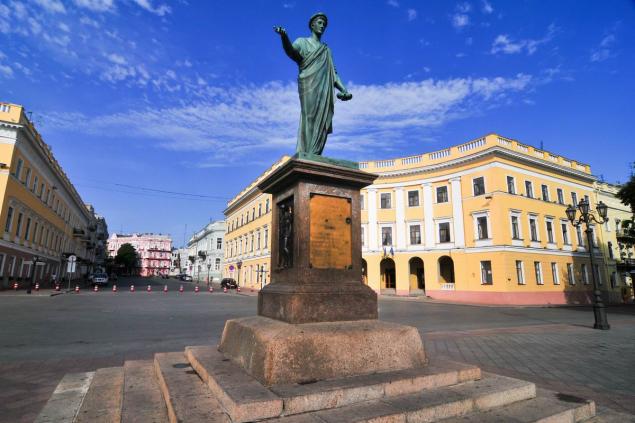
Interestingly, in each of these phrases, both Pushkin and Duke can be replaced with the word “uncle” without losing meaning. But if a hypothetical uncle with a lot of stretching, but still can do something for you, then the monument certainly will not finish for you, will not pay and will not do the work. So stop fooling around and do it yourself.
As you can see, even Pushkin’s name, pronounced in vain, connects Bulgakov, Zoshchenko, Ilf and Petrov, other classics of Russian literature in the most unexpected way. It forces us to go back to their favorite pages and look for the hidden meaning of old words and expressions.
Pushkin is always young and modern. Sometimes with a joke, sometimes with sarcasm, he answers the most difficult questions simply and succinctly. Maybe that's why we say he's "our everything" and like to mention his name. Now is the time to read Pushkin again. After all, books once read as a child or fluently passed once as part of a school literature course remain for us for the most part unfamiliar.
The article and the preview used photos.

Why are we used to shifting all our affairs to the imaginary Pushkin, under what circumstances did this winged expression appear and how is it reflected in Russian literature? The answers are in our article.
What Russian does not like fast driving to mention the classic in vain? It so happened that Alexander Sergeyevich has accompanied us since childhood. For example, I began my acquaintance with the “sun of Russian poetry” at the age of 5 with the rhetorical: “Pushkin will eat for you?”

In search of the origins of this turn of speech, erudite readers will immediately recall Mikhail Bulgakov’s novel The Master and Margarita. So, in the 15th chapter, the author gives the following portrait of the rogue administrator No. 302-bis: “Nikanor Ivanovich before his sleep did not know the works of the poet Pushkin, but he knew him perfectly and every day several times uttered phrases like: “And for the apartment Pushkin will pay?” or “Lampochka on the stairs, so Pushkin kicked out?”, “Oil, so Pushkin will buy?”

Here is only one inconsistency: Bulgakov wrote “Master and Margarita” from 1928 to 1940, but a wide range of readers of the novel became available only in the early 70s. And the history of expressions “with Pushkin” seems much longer.
Pushkin Jubilee of 1937

There is a version that to blame on Pushkin all responsibility for any troubles became common after the 100th anniversary of his death in 1937. The scale of the celebrations exceeded every conceivable scale. Portraits of the poet hung on every corner. And in labor collectives, solemn meetings were held everywhere, one of which was perfectly described by Mikhail Zoshchenko in the story “In Pushkin’s Days.”

GettyImages: It is with pride that our home is not in the tail of events these days. First of all, we bought Pushkin’s one-volume book for 6 pp. 50 kopecks for general use. Secondly, the plaster bust of the great poet is installed in the office of the jacket, which, in turn, should remind careless payers of non-payment of rent.

From the above excerpt it becomes clear that to blame Pushkin for non-payment of rent and other sins in those years was already commonplace. This is confirmed by the novel by Ilf and Petrov “Twelve chairs”, published in 1928: “Bender gave the boy an honestly earned ruble.” “We need to add,” said the boy in a cab. - Dead donkey ears. You get it from Pushkin. Goodbye, defective”.
“I have built a monument for myself without hands.” Philologist Elena Rabinovich leads the history of “Pushkin phrases” from the opening of the monument to Pushkin on Strastnaya (Pushkin) Square in Moscow in 1880. The installation of the majestic obelisk became a cult event of those years. For three days, various festive events took place, at which Turgenev, Dostoevsky, Aksakov and other famous writers spoke before the audience.
All this found a vivid response in the popular consciousness. Interest in Pushkin and general and capricious acquaintance with him became a source of jokes, saying, “And Pushkin will wipe his feet?” This hypothesis is supported by the presence of similar turns in which other known monuments are mentioned. For example, in Odessa, referring to the monument to Duke de Richelieu, they say: “And who will pay?” Duke?

Interestingly, in each of these phrases, both Pushkin and Duke can be replaced with the word “uncle” without losing meaning. But if a hypothetical uncle with a lot of stretching, but still can do something for you, then the monument certainly will not finish for you, will not pay and will not do the work. So stop fooling around and do it yourself.
As you can see, even Pushkin’s name, pronounced in vain, connects Bulgakov, Zoshchenko, Ilf and Petrov, other classics of Russian literature in the most unexpected way. It forces us to go back to their favorite pages and look for the hidden meaning of old words and expressions.
Pushkin is always young and modern. Sometimes with a joke, sometimes with sarcasm, he answers the most difficult questions simply and succinctly. Maybe that's why we say he's "our everything" and like to mention his name. Now is the time to read Pushkin again. After all, books once read as a child or fluently passed once as part of a school literature course remain for us for the most part unfamiliar.
The article and the preview used photos.


